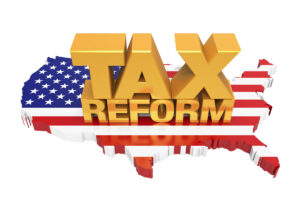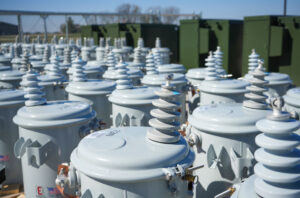
The tax cut savings that have been talked about in the news are related to changes in the tax code which will lower federal taxes on corporations. Electric cooperatives are not-for-profit organizations operating at cost to deliver affordable and reliable power across 56 percent of the nation. As not-for-profit and primarily tax-exempt entities, the federal corporate tax reduction will not affect most electric cooperatives. Since electric co-ops base their rates on the cost of acquiring and delivering electricity, any reduction in costs from suppliers of electricity could be passed on to the members.
Operating at cost is a key component of the cooperative business model. Electric cooperatives strive to keep rates affordable for all members and already return margins to their member-owners.
The tax status of electric co-ops remains unchanged by the recent tax reform legislation.
The cooperative business model enables electric co-ops to focus on their core mission – providing affordable and reliable power at cost to the communities they serve. Co-ops are locally owned by the members that they serve. Because each co-op is locally controlled, it has the flexibility to use the best tools to achieve its mission.
Source: NRECA







